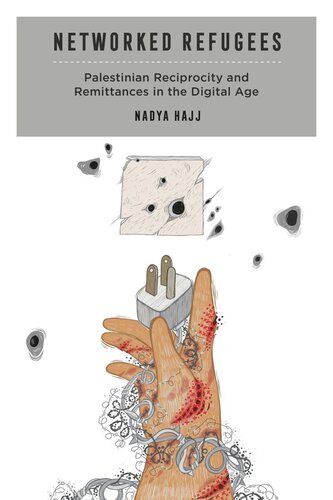

Most ebook files are in PDF format, so you can easily read them using various software such as Foxit Reader or directly on the Google Chrome browser.
Some ebook files are released by publishers in other formats such as .awz, .mobi, .epub, .fb2, etc. You may need to install specific software to read these formats on mobile/PC, such as Calibre.
Please read the tutorial at this link: https://ebookbell.com/faq
We offer FREE conversion to the popular formats you request; however, this may take some time. Therefore, right after payment, please email us, and we will try to provide the service as quickly as possible.
For some exceptional file formats or broken links (if any), please refrain from opening any disputes. Instead, email us first, and we will try to assist within a maximum of 6 hours.
EbookBell Team

5.0
48 reviewsA free open access ebook is available upon publication. Learn more at www.luminosoa.org.
Almost 68.5 million refugees in the world today live in a protection gap, the chasm between protections stipulated in the Geneva Convention and the abrogation of those responsibilities by states and aid agencies. With dwindling humanitarian aid, how do refugee communities solve collective dilemmas, like raising funds for funeral services, or securing other critical goods and services?
In Networked Refugees, Nadya Hajj finds that Palestinian refugees utilize Information Communication Technology platforms to motivate reciprocity—a cooperative action marked by the mutual exchange of favors and services—and informally seek aid and connection with their transnational diaspora community. Using surveys conducted with Palestinians throughout the diaspora, interviews with those inside the Nahr al Bared Refugee camp in Lebanon, and data pulled from online community spaces, these findings push back against the cynical idea that online organizing is fruitless, emphasizing instead the productivity of these digital networks.